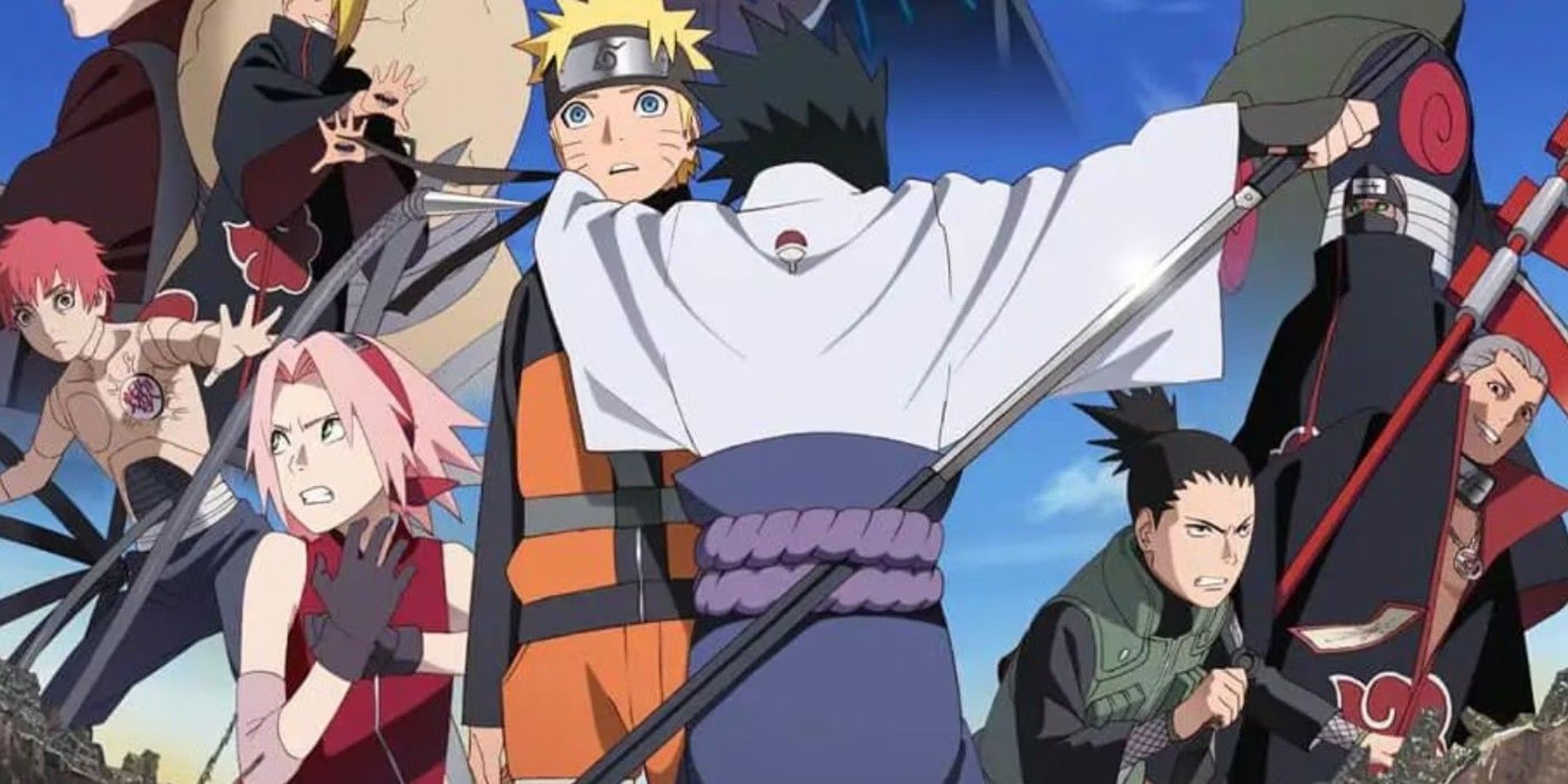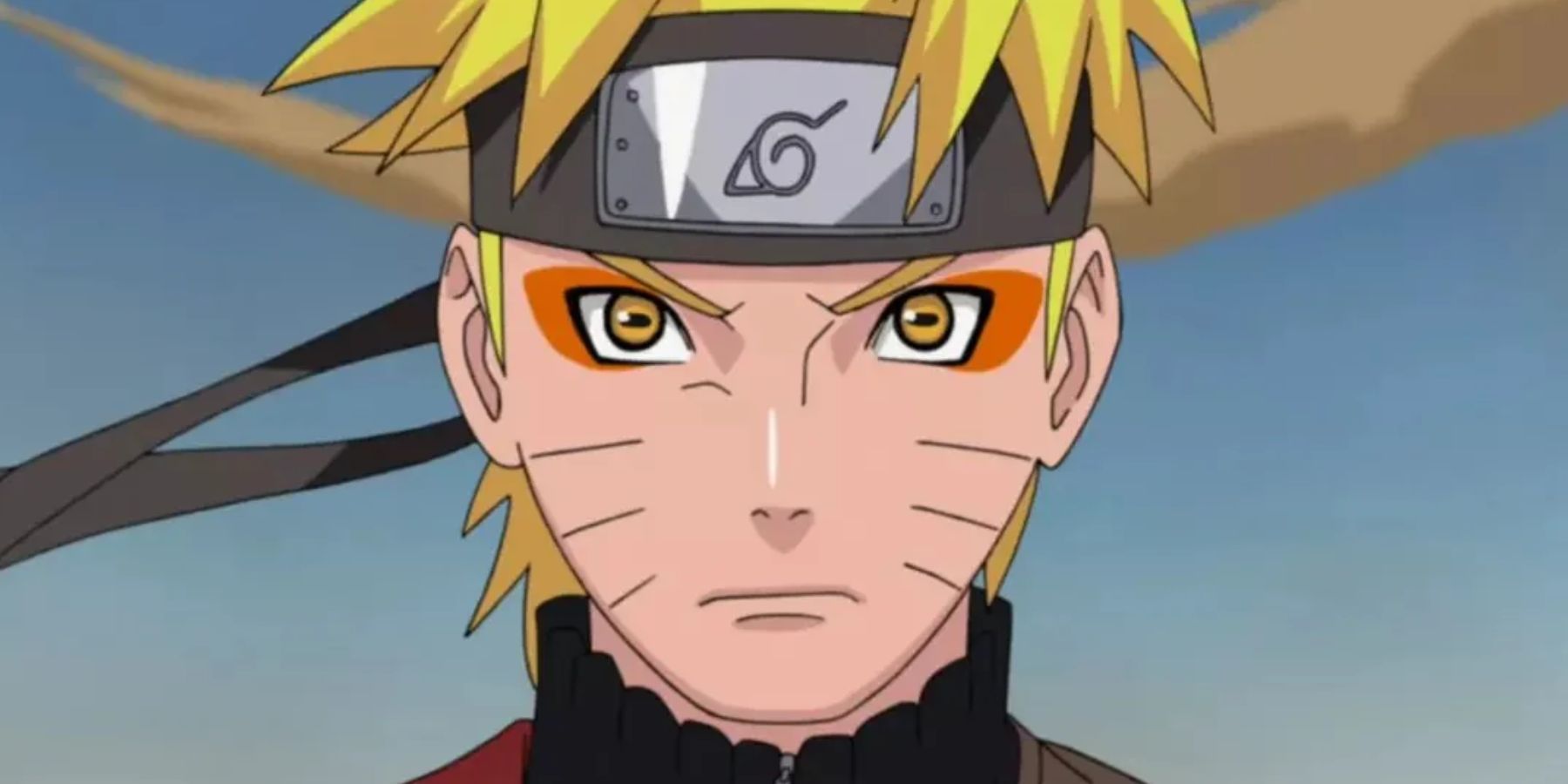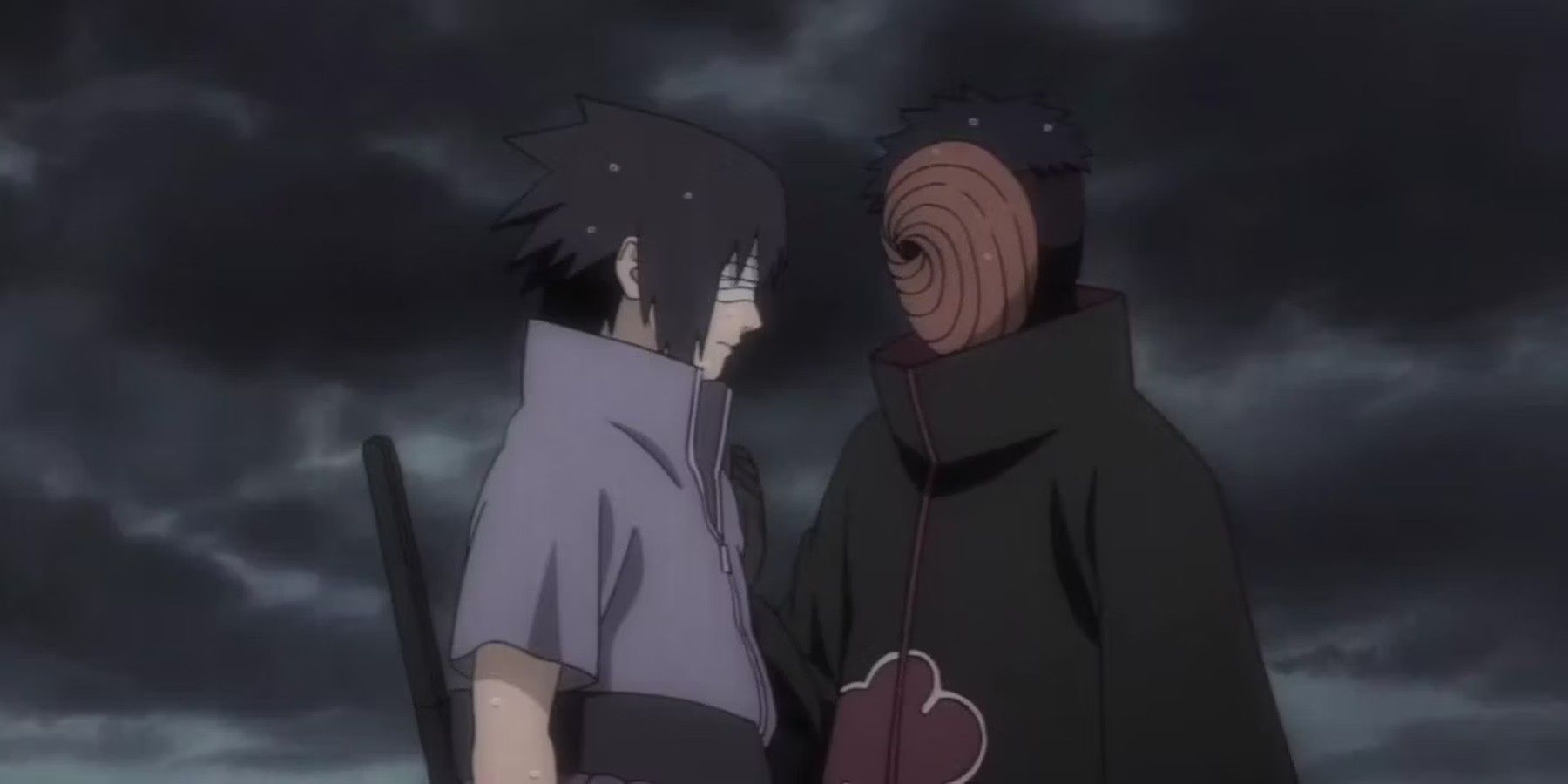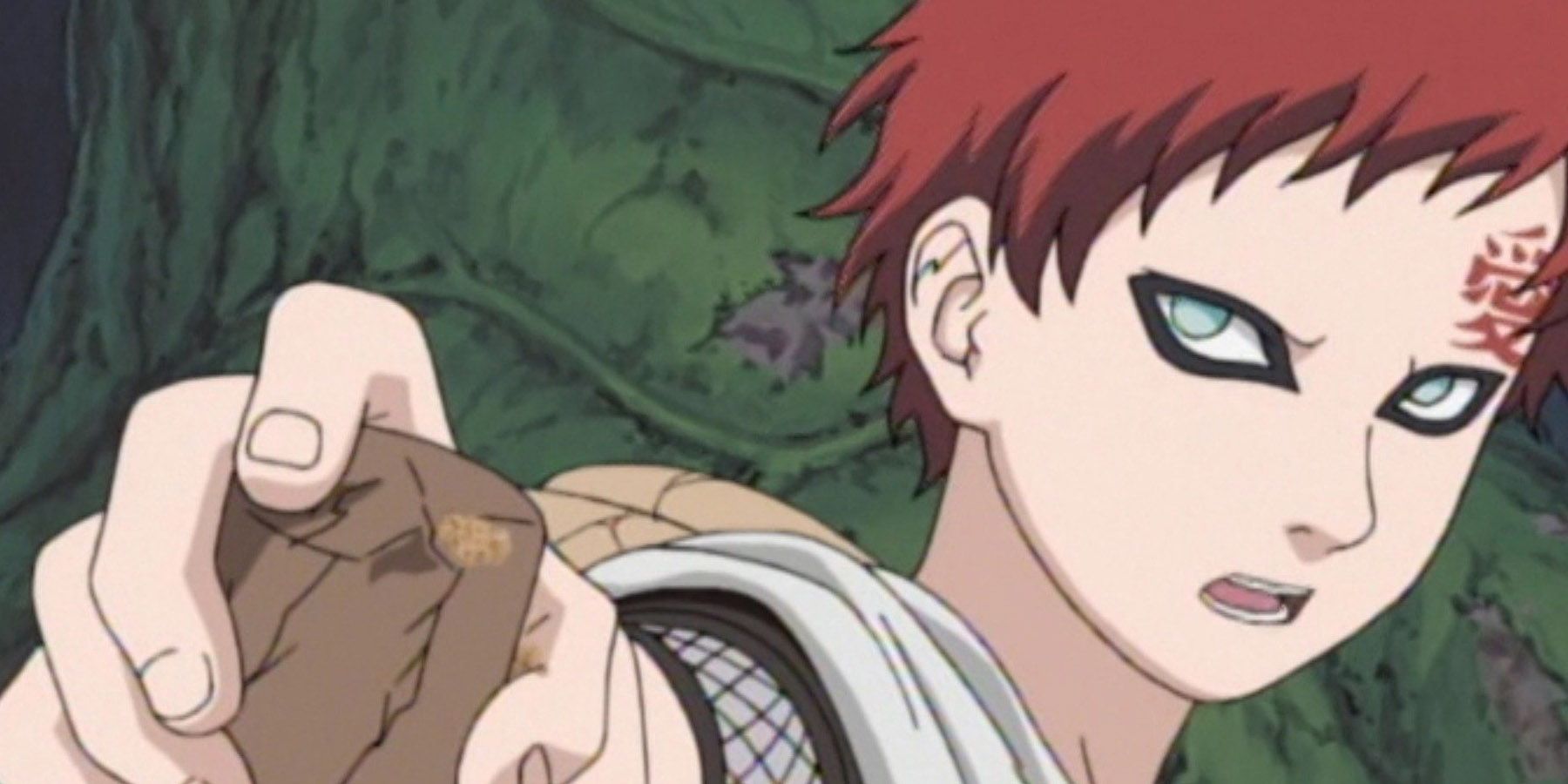Highlights
- The Naruto series explores the tension between pacifist ninjas and the violence and conflict that pervades the Shinobi world, highlighting the value of empathy and the destructive nature of hatred.
- Revenge-driven ninjas in the series experience deep emotional trauma and sacrifice their humanity in their relentless pursuit, showcasing the dark path and cyclical nature of vengeance.
- Characters in Naruto often grapple with personal traumas and have a pessimistic outlook on life and the world, but some find redemption through positive connections and challenge viewers to balance acknowledging flaws with embracing optimism.
In Naruto, a diverse array of ninjas exists within the Shinobi world, each with skills that make them the protectors of their villages. These ninjas encapsulate myriad roles and abilities, each contributing uniquely to the fabric of this intricate Shinobi world. However, the series portrays how the different beliefs of certain characters drive the narrative.
Some of these characters are either pacifists with a strong aversion to violence or those whose journey is motivated by vengeance. In other words, these characters either undergo a transformation concerning their beliefs and how they view the world or stay a rigid character till the end of the series. Naruto portrays how the past and the terror of war in the Shinobi world can warp a character’s positive outlook on the world and their struggles, which profoundly impact the narrative.
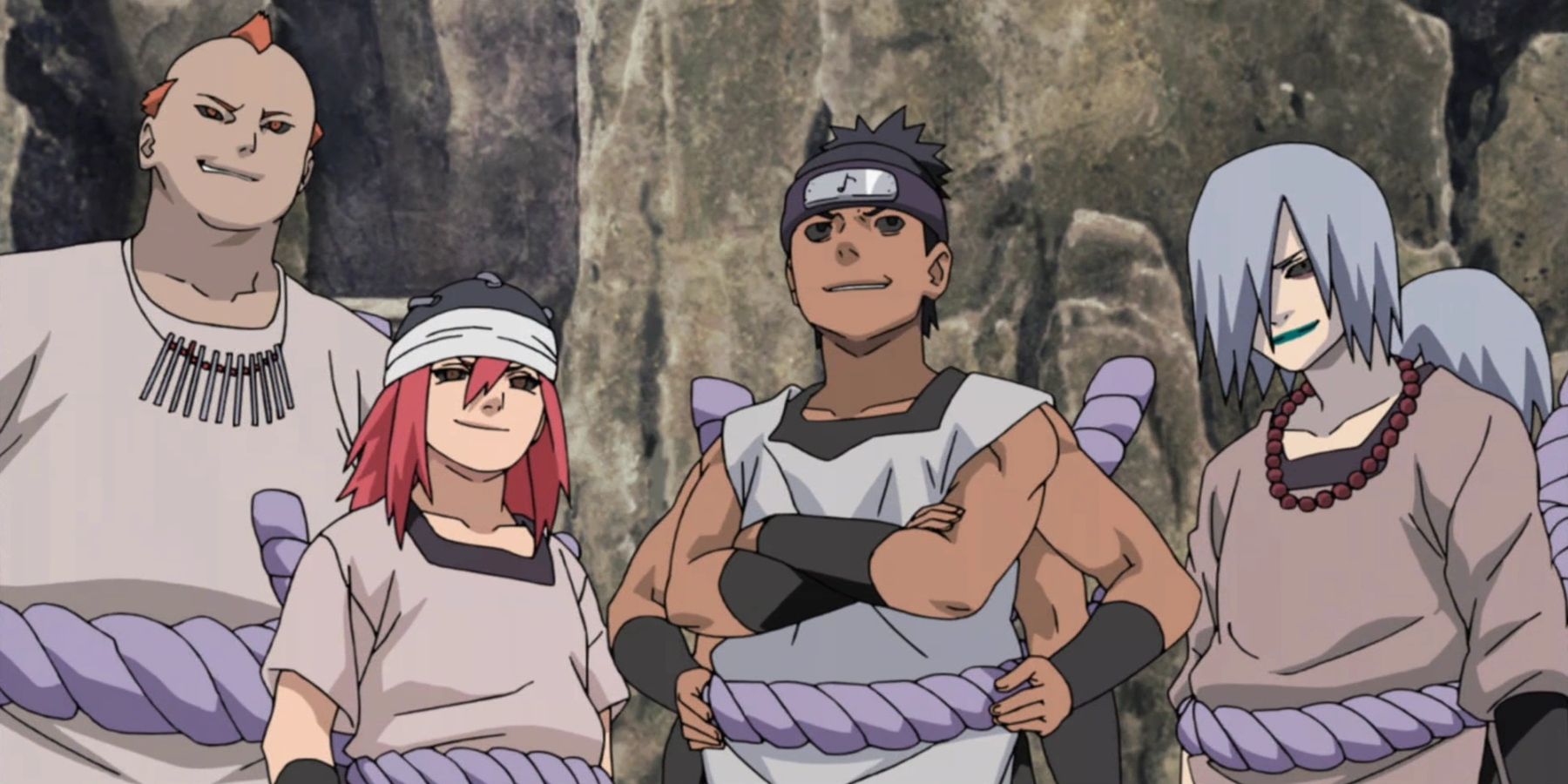
Naruto: How Strong Were the Sound Four?
Despite being mere henchmen, the Sound Four were an extremely powerful group, even estimated to rival the rank of Konoha's Jonin.
Some Have A Strong Aversion To Violence And Conflict
The presence of war and conflict undeniably marks the Naruto series. Within the Shinobi world, battles between villages, personal vendettas, and ideologies clash, creating a pervasive atmosphere of turmoil. In this way, the series carve out some characters with strong repulsion for violence and conflict. They seek alternative means to resolve conflicts and promote peace. The titular character, Naruto, who transformed from a hot-headed and impulsive ninja to a pacifist leader who believes in ending conflicts through understanding and compassion, falls under this category. Despite his initial brashness, Naruto's experiences and encounters teach him the value of empathy and the destructive nature of hatred.
Naruto's ultimate goal is to unite people and foster peace, making him a central figure in the exploration of this type of ninja. Many characters like Shikamaru, Choji, Tsunade and even Hinata, amongst others, all exemplify pacifist ninjas. However, Negato (Pain) represents a complex portrayal of a ninja with a strong revulsion against violence. Having witnessed the devastation caused by war, Nagato becomes disillusioned with violence and seeks to establish a world without conflict. While his methods are extreme, his underlying goal is to break the cycle of hatred and war. Nagato's character raises questions about the potential consequences of resorting to violence in the pursuit of peace.
Those Who Thirst For Vengeance
Revenge-driven ninjas in Naruto often emerge from a place of deep emotional trauma. Madara'sMadara's revenge-driven nature of the historical conflict between the Uchiha and Senju clans, Obito's grief and despair and Sasuke'sSasuke's desire to avenge the annihilation of his clan exemplify the characters' motivations, psychological turmoil, and desire to seek revenge. The pain of loss, betrayal, or personal injustices shapes these characters, fueling their obsession with vengeance. Naruto delves into the consequences of revenge, showcasing the dark path it leads for every ninja that ventures towards it. Sasuke's thirst for vengeance against his brother, Itachi, consumed him, and he lost sight of anything good.
Sasuke's dark path to get revenge led him to Orochimaru. For Obito, Madara was able to distort his perception and build a seed of hatred as he made the young ninja a nihilistic ideology that sought to reshape the world according to his vision. These revenge-driven ninjas often sacrifice their humanity in their relentless pursuit, highlighting the destructive nature of vengeance. However, while these ninja's motivations are deeply rooted in pain, their actions often lead to further suffering and perpetuate cycles of violence. The series shows that the path to revenge is dark and lonely, and ninjas who become consumed by their vendettas distance themselves from their loved ones and forge a path of solitude. Sasuke Uchiha's journey is a prime example as he separates himself from his comrades and plunges into darkness.
Many Have A Pessimistic Outlook On Life And The World
The Naruto series portrayed characters with a pessimistic outlook on life and the world. These characters often grapple with personal traumas, existential dilemmas, or the harsh realities of the world they grew up in. Events such as personal losses, betrayal, or witnessing the darker aspects of society shape these characters throughout the series, and while some go through a redemption phase, some do not. Characters like Gaara, Obito, Pain and Itachi Uchiha exemplify this, as their tragic pasts contribute to their pessimistic view of the Shinobi world. For Gaara, his traumatic childhood experiences, marked by isolation, rejection, and the loss of his mother, shape his belief that love is a fleeting and unattainable feeling.
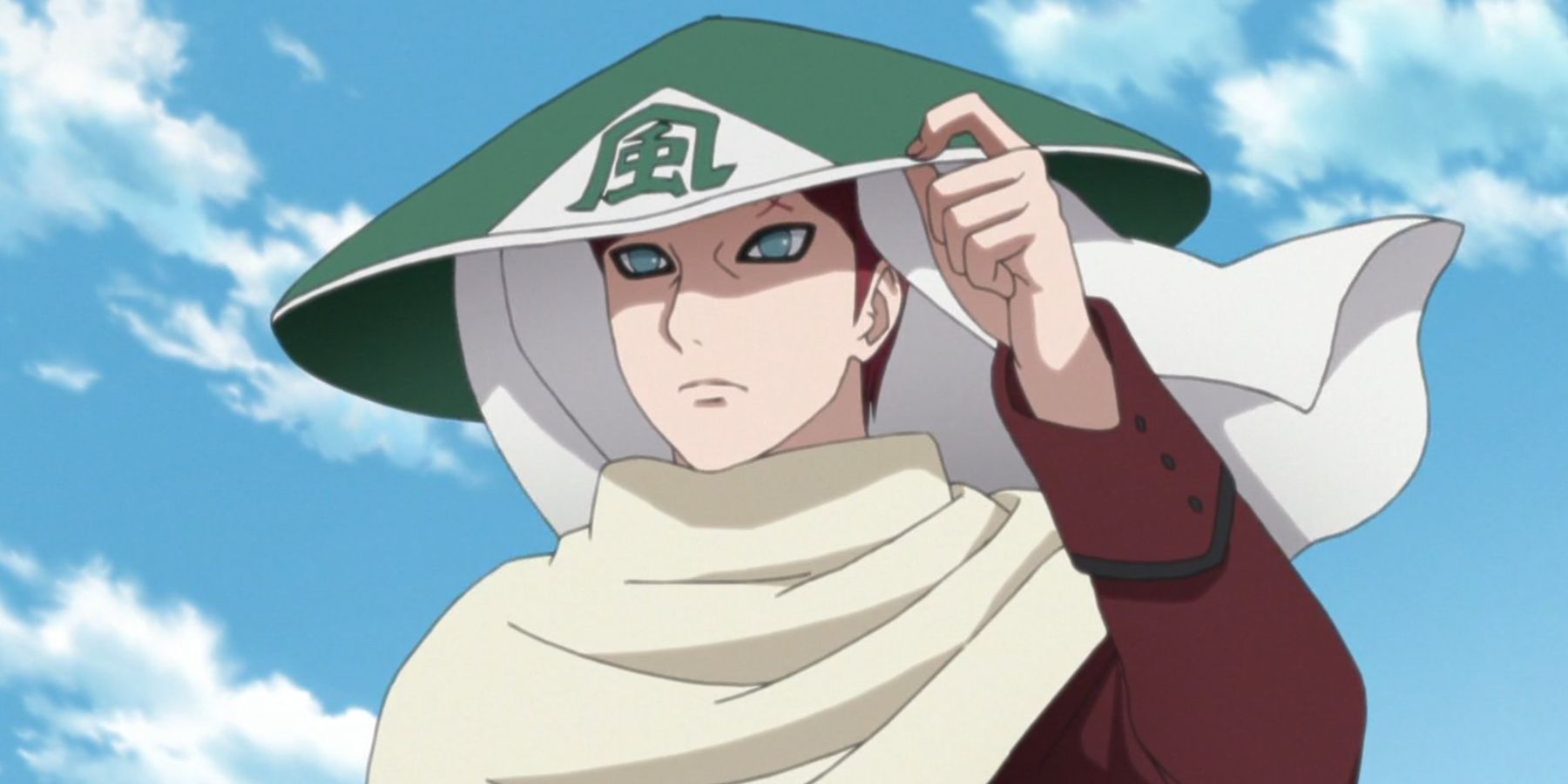
Naruto: Gaara's Redemption from Villain to Hero
How does Gaara of the Desert go from being a murderous villain to a hero and respected Kazekage?
Gaara's internal struggles with his identity and the presence of the Tailed Beast within him contribute to his pessimistic worldview. He viewed his existence as inherently lonely and hostile, a perception fueled by how the people in his village shunned him and looked at him with disapproval. However, his cynical view and perception of the world changed when he met Naruto. His meeting with Naruto marked the beginning of his path to redemption as the transformative power of positive connections shifted his perspective. For Obito, who started off as a promising ninja and had the dream to become Hokage, the painful loss of Rin Ohara crushed and he fell victim to the manipulation of Mdarawho, warped his optimistic view of the Shinobi world. These cynical characters in Naruto contribute to the series' depth by exploring the consequences of trauma, disillusionment, and negative outlooks on life and the world. Through their journeys, Naruto challenges viewers to contemplate the importance of balancing acknowledging the world's flaws and embracing the potential for optimism and redemption.
Duty-Bound Ninjas Who Prioritize Their Loyalty To Their Village
In Naruto, the Shinobi world has ninjas who prioritize their village's will and desire and show loyalty all through the series, no matter their personal conflict. A profound sense of duty and responsibility drives these ninjas to protect their village. Their loyalty is rooted in a deep understanding of the interdependence between the village and its people and the belief that their sacrifices are necessary to maintain peace.
Hatake Kakashi's loyalty to the Hidden Leaf Village shaped his character within the series. As a former Anbu member and later as the leader of Team 7, Kakashi consistently places the interests and safety of the village above personal concerns. Kakashi is one of the characters in the series who experienced intense loss and personal trauma with the death of father, Rin, Obito, and his sensei, Minato. However, despite his tragic loss, he demonstrates relentless loyalty and strives to protect the village's secrets and maintain its stability. While Naruto, Shikamaru, Choji, Jiraiya, Tsunade and many others all played their roles in protecting the villages when it mattered, any other ninja who fought for his village either during the Fourth Great Ninja War or the others are all duty-bound ninjas in contrast to rogue ninjas in the series. Duty-bound ninjas in Naruto embody the essence of loyalty and serve as pillars of strength within their villages.
Naruto is available to stream on Crunchyroll
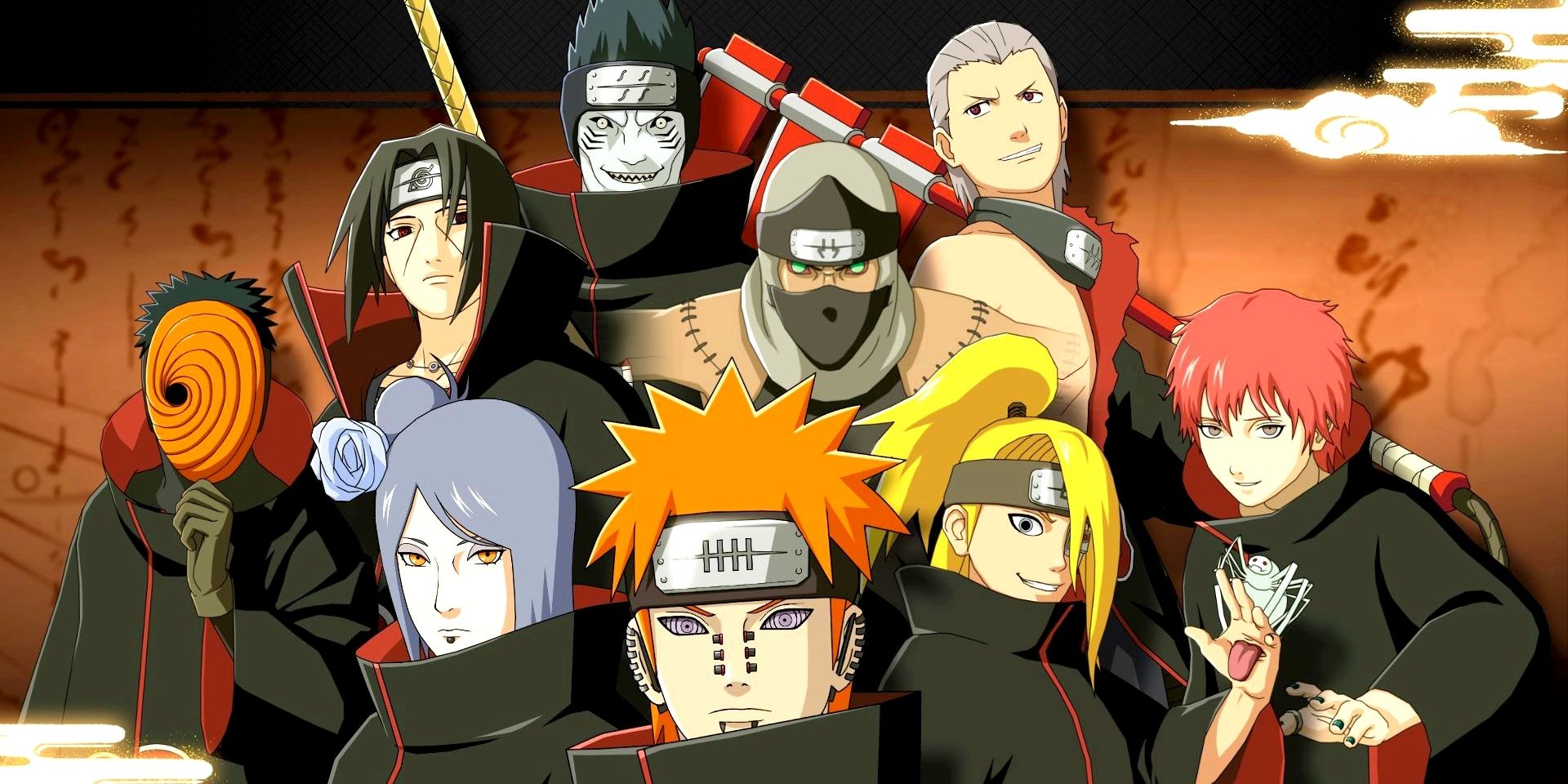
Naruto: The Tragedy of the Akatsuki - From Heroes to Villains
The tragic failure of good intentions, down a dark path walked former heroes now scorned as villains, seeking a peace born of misguided chaos.

